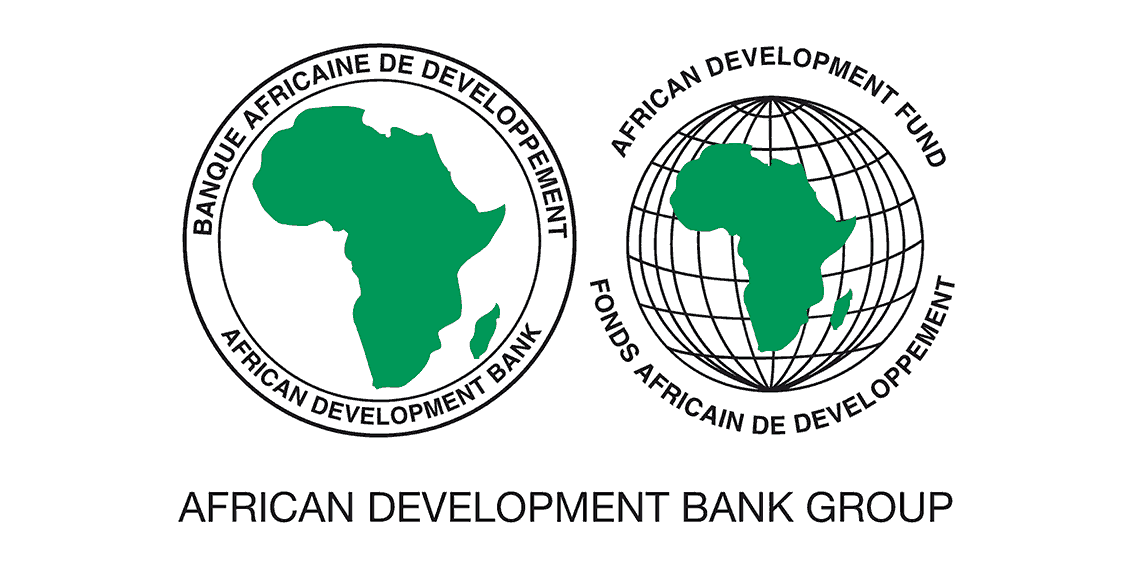African Development Bank Annual Meeting Germany lobbies for sustainability and multilateral solutions
Press release 26 May 2025 | Dr Bärbel Kofler, Parliamentary State Secretary at the Federal Ministry for Economic Cooperation and Development (BMZ), has set off on a five-day trip to Côte d'Ivoire where the 60th Annual Meetings of the African Development Bank (AfDB) will begin today. The election of a new AfDB President will be a key focus of the conference. The election is especially important as the continent is facing tremendous challenges, such as crisis-induced upheavals, the United States’ withdrawal from many areas of development cooperation, displacement and forced migration in Africa, and advancing climate change. As a regional development institution, the AfDB plays a pivotal role in promoting peace, security and economic development in Africa. Parliamentary State Secretary Bärbel Kofler is representing Germany as governor at the AfDB.
Kofler said: “The major challenges that the African continent is facing – building peace, fighting against hunger, promoting social justice and dealing with climate change – can only be tackled through international cooperation. That is why multilateral institutions with common rules and goals are so important. This is especially true at a time when the US – once an initiator of global cooperation – is increasingly focusing on its own national agenda. In addition, the United States has stopped most of its development cooperation activities, which were previously provided by USAID. This withdrawal has severe consequences for many African countries. The African Development Bank is taking on the role of a regional mediator and a driver for development on the African continent. It is now very important for the Bank to stick to its course of sustainable development and avoid being distracted by a policy that is primarily driven by self-interest, as is the case for Russia and China, but also for other actors. A development trajectory that leads to lasting progress must include sustainable approaches, in particular strengthening women as drivers of development, ensuring sufficient climate financing, providing cross-border infrastructure and fostering a conducive environment for private investment. I hope that the new leadership of the AfDB will continue to move the Bank in this direction.”
With its commitment to sustainable economic development, security and peace, food security and the conservation of vital natural resources, the AfDB helps to improve stability in Africa and creates new prospects for the people there. This makes it an important partner for the German government. In addition, as a partner of the West, it can help to mitigate the loss of trust on the part of the African countries, which is not least the result of the United States’ almost complete withdrawal from development cooperation in Africa. Experience shows that when Western partners withdraw from Africa, this creates spaces that others use for themselves, above all China and Russia.
Last year, the AfDB adopted a new Ten-Year Strategy. In the future, environmental and social sustainability will be given even more support. Involving the private sector is especially important when it comes to leveraging Africa’s green growth potential. The AfDB is also committed to strengthening women and recognises that young people play a pivotal role in driving Africa’s development. All of this also improves the investment climate for companies – and thus helps to create new jobs that are urgently needed.
The AfDB, which was founded in 1963 and is headquartered in Abidjan, was able to further increase its lending volume in recent years, thanks to its strong financial results, financial innovation and the support of its shareholders. In 2024, the Bank made commitments amounting to more than ten billion euros – a record figure. Germany remains a reliable shareholder of the AfDB, particularly in the development areas of energy supply, climate action and sound financial management.
